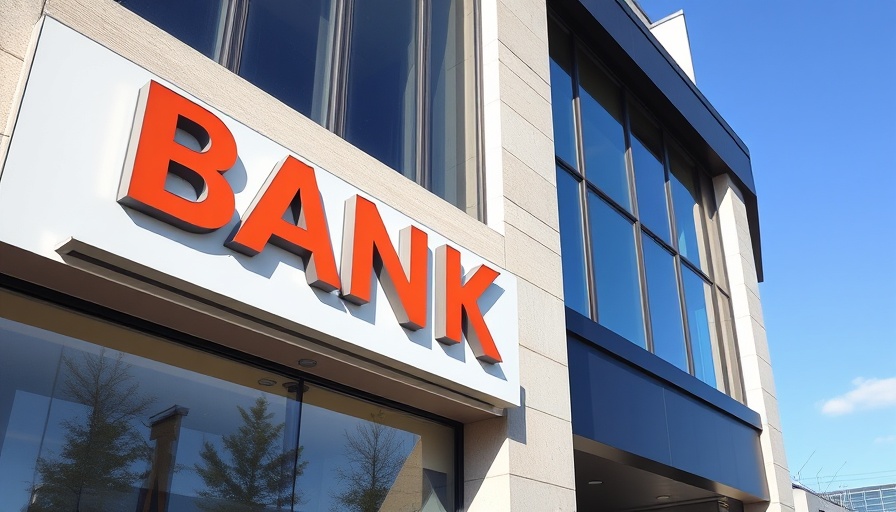
The Future of Digital Payments in Africa: Tap, Pay, and Access
African innovators are dramatically transforming the digital payments landscape, positioning the continent at the forefront of the global financial revolution. With the rise of fintech solutions and the increasing adoption of blockchain technologies, the barriers hindering cross-border transactions are on the verge of collapse.
Breaking Down Barriers: The Role of Fintech
For years, entrepreneurs across Africa encountered significant challenges in making and receiving payments across borders. However, initiatives like the Institutional Support for Digital Payments and E-Commerce Policies for Cross-Border Trade (IDECT) aim to simplify this process. This project, supported by the African Development Bank, seeks not only to enhance technology but also to create an enabling environment for seamless business transactions.
Understanding E-Payments: Market Dynamics
According to a report by McKinsey, Africa's e-payments industry is experiencing phenomenal growth, anticipated to reach approximately $40 billion in revenues by 2025. While traditional cash transactions currently dominate, the ongoing shift toward electronic payments, accelerated by the COVID-19 pandemic, indicates a trend that is likely to continue.
The Promise of Blockchain Technology
Blockchain technology is making strides in enhancing transaction security. Its decentralized nature allows for cross-border payments to occur almost instantaneously, eliminating the traditional hurdles of high fees and long delays. For instance, innovations in digital currencies are revolutionizing how businesses engage with consumers, highlighting the evolving landscape of African fintech.
Future Predictions: The Rise of Smart Payments
The rapid digitalization of payment systems is driven by a young, urbanized population eager for financial inclusion. As mobile access and digital wallets proliferate, experts predict that e-wallets will experience the fastest growth among payment methods in Africa, consolidating their position within the transaction ecosystem.
Opportunities for Young Entrepreneurs
This shift is not just about technology; it’s about people. Young business owners like Esther, who dreams of selling her handmade products across borders, are at the center of this transformative wave. Programs like IDECT promise to empower them with the tools needed for growth in a digital marketplace.
Conclusion: Embracing a Digital Future
The landscape of digital payments in Africa is evolving, fueled by innovation and a commitment to address longstanding challenges. Entrepreneurs, fintech innovators, and policy-makers must collaborate to ensure a flourishing ecosystem. The journey toward seamless payments mirrors the heartbeat of a vibrant, connected Africa. As we embrace this future, one thing is clear: to truly thrive, we must tap, pay, and access new opportunities.
 Add Row
Add Row  Add
Add 


Write A Comment